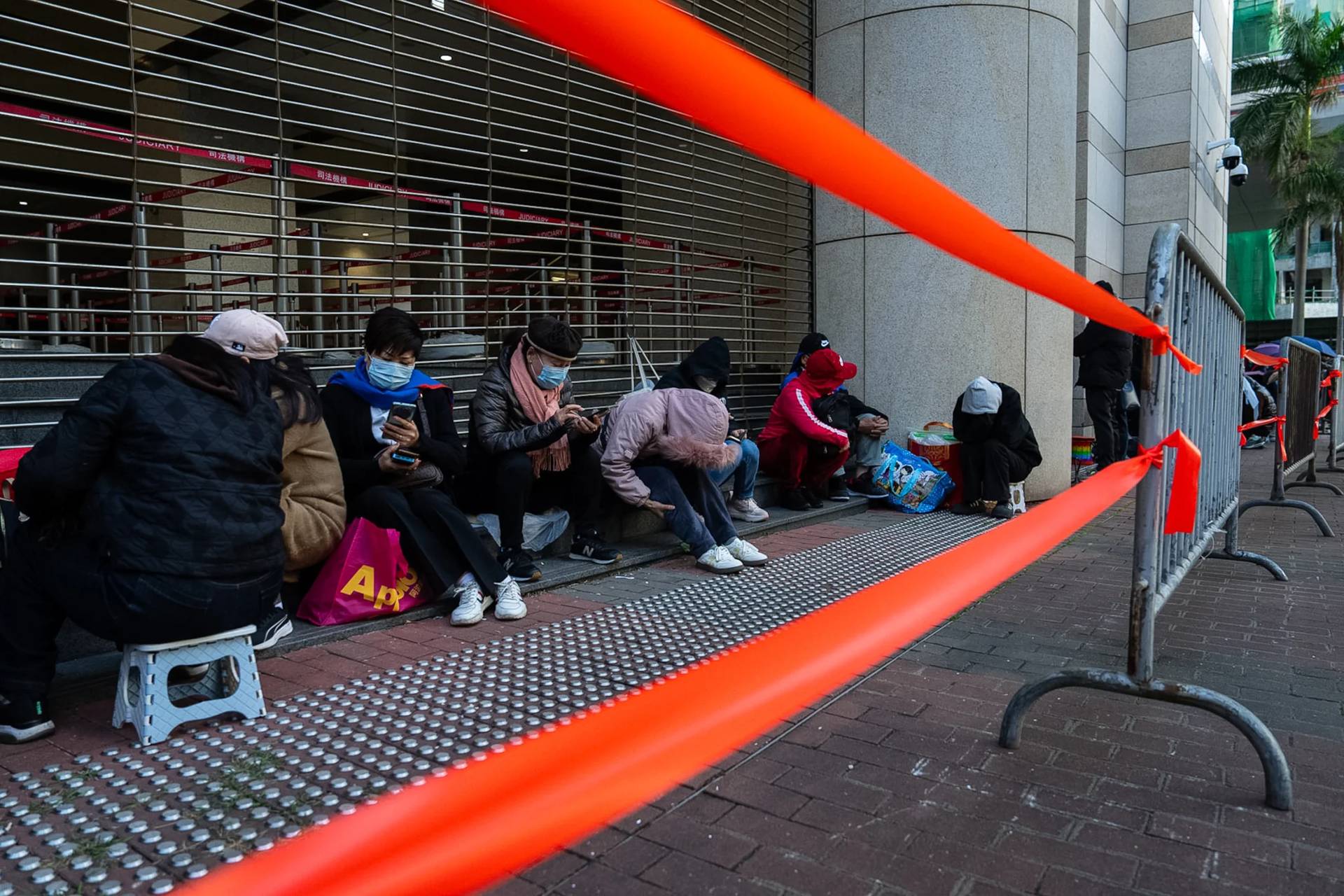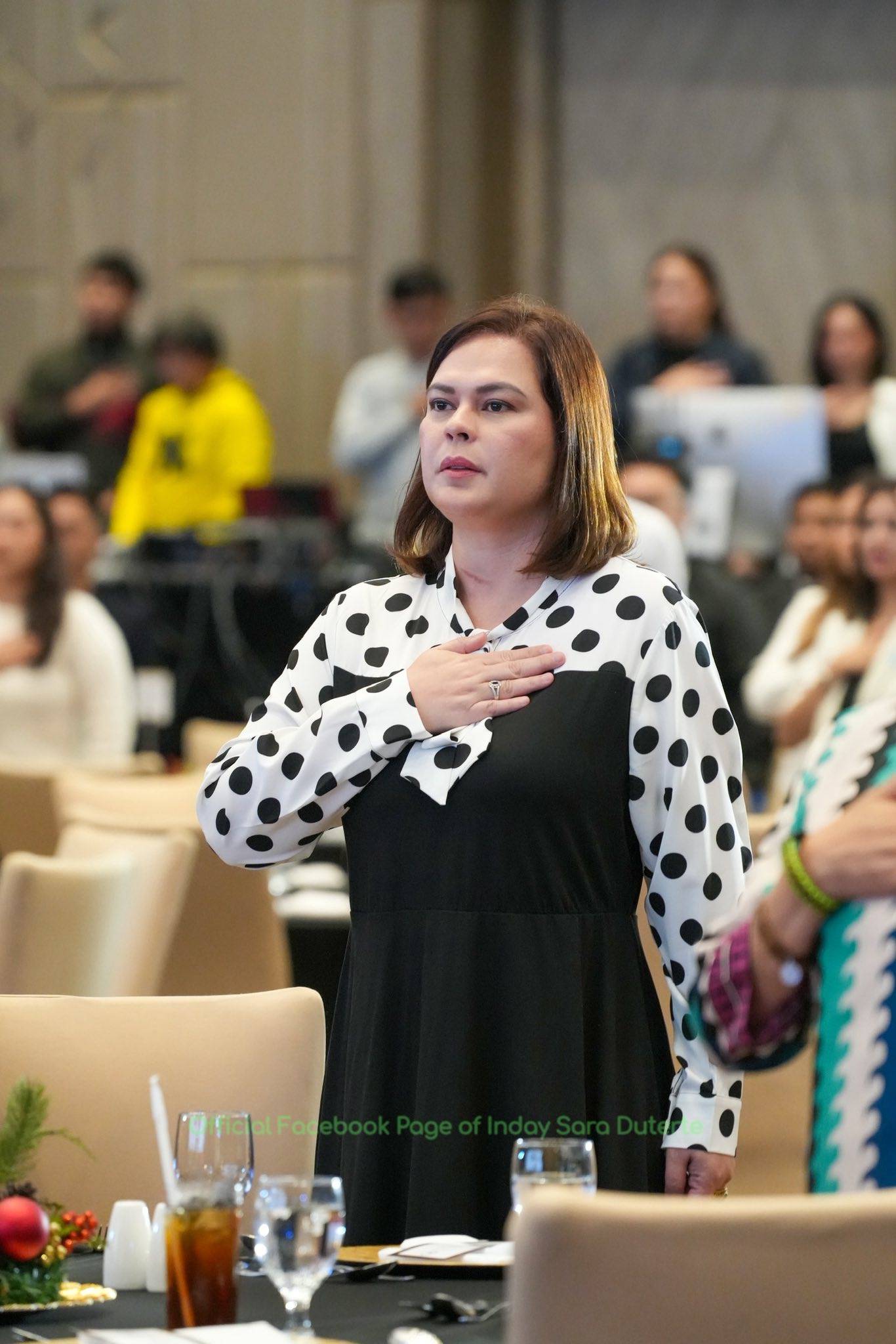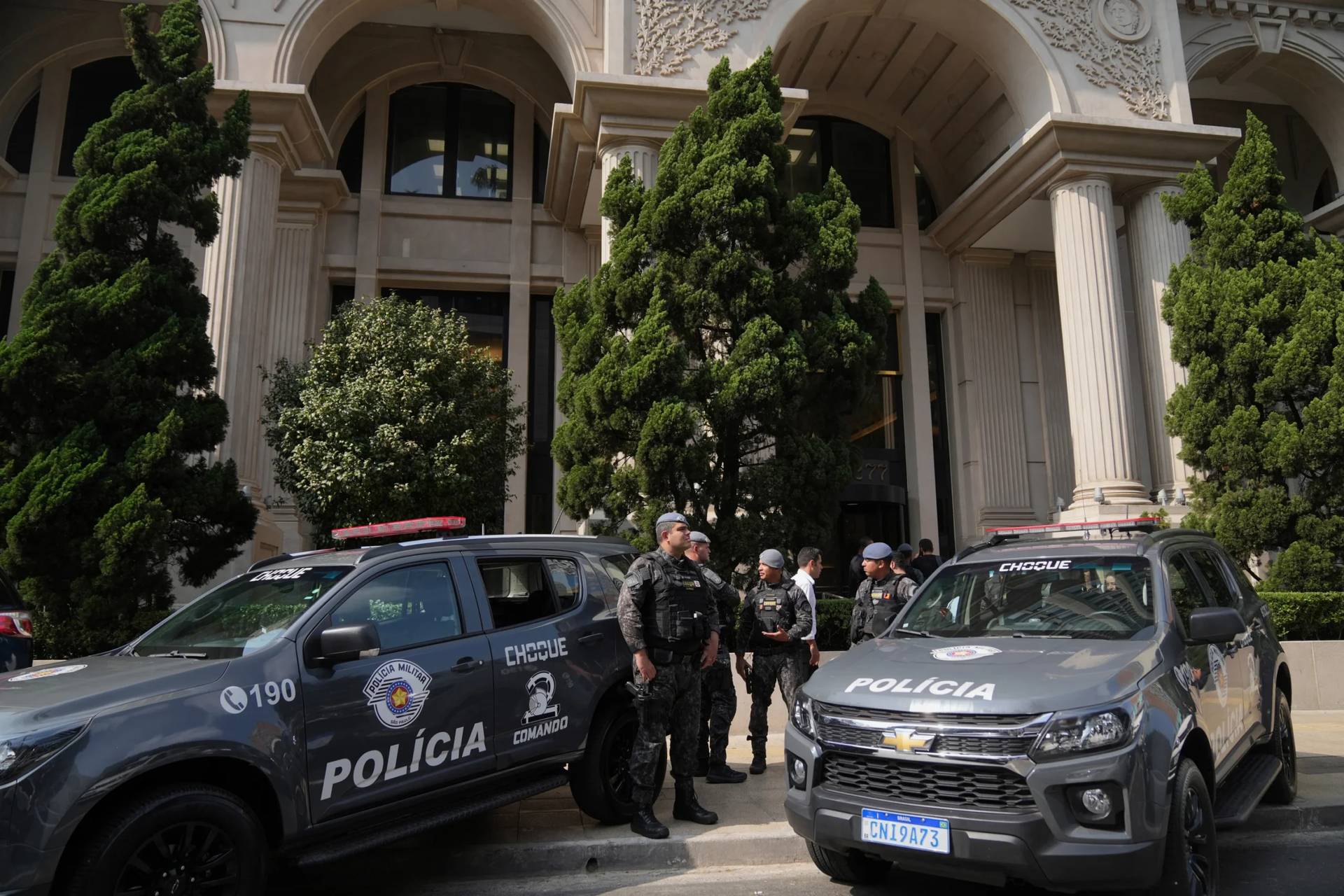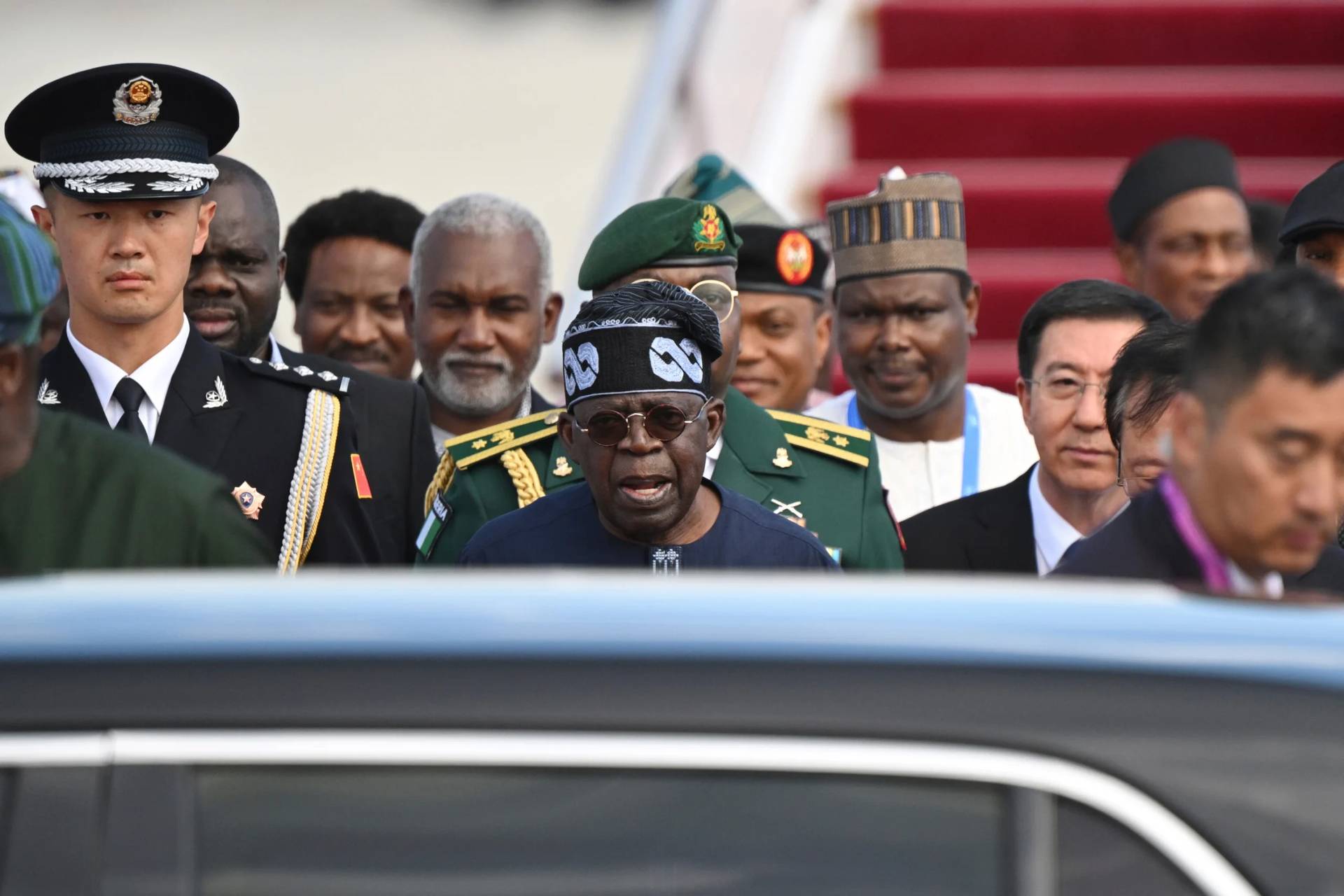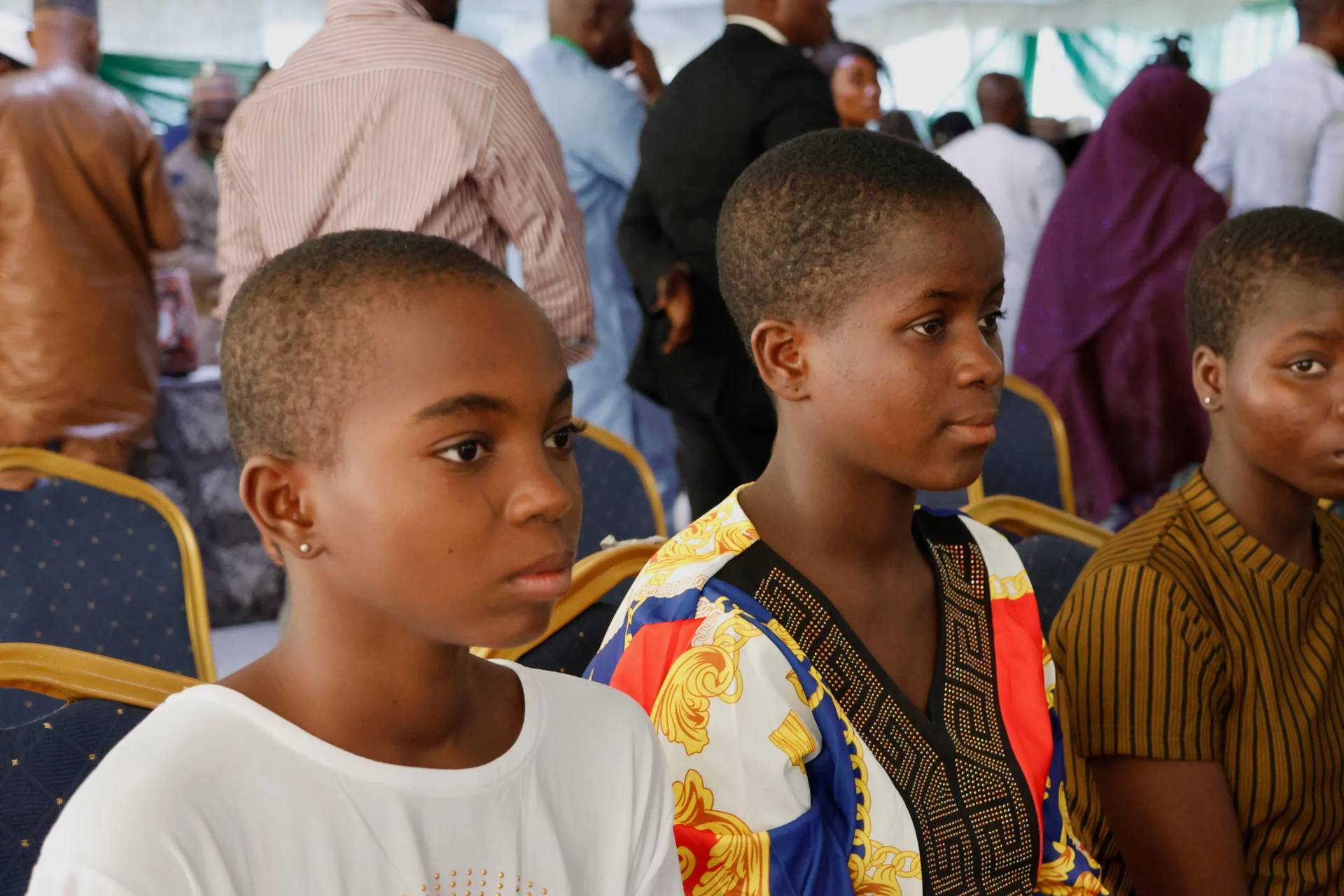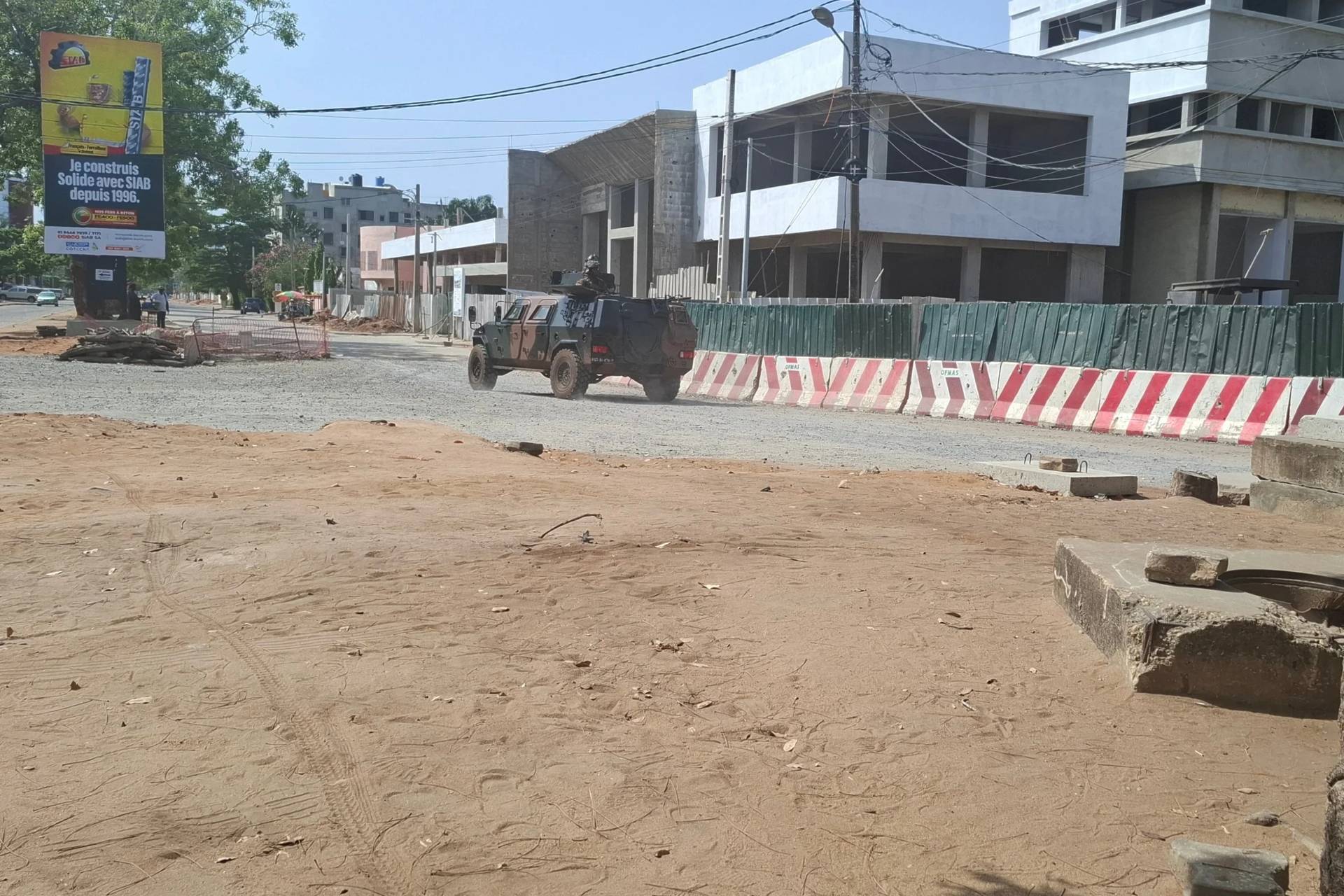YAOUNDÉ, Cameroon – For the first time in 30 years, the African National Congress (ANC) has failed to win an absolute majority in South Africa.
The Party that won the country’s first interracial democratic elections and brought an end to the apartheid regime in 1994 will have to negotiate a power-sharing government, after winning just 40 percent of the vote in the May 29 elections.
Catholic bishops in the “Rainbow Nation” have cast the prospects of a coalition government in a positive light, arguing that it “presents a unique opportunity for those elected to work together for the good of the country, putting all ideologies aside.”
But it may not be easy for the ANC to come up with a workable coalition. The second largest party – the Democratic Alliance (DA), which won 22 percent of the vote – is one option, but it is widely seen as a party that perpetuates the economic privileges of white people acquired during the apartheid era.
As an alternative, the ANC could collaborate with two radical parties that have split from it: Former President Jacob Zuma’s uMkhonto weSizwe (MK) party or Julius Malema’s Economic Freedom Fighters (EFF). These three parties share the same constituency — the black majority — and their combined vote amounts to 65 percent. Malema has cautioned the ANC against forming a coalition that would “reinforce white supremacy” and serve as a “puppet of a white imperialist agenda.”
With a coalition government the one way forward, the Praesidium of the South African Council of Churches (SACC) says it is praying for the country’s politicians to find a workable formula to be able to govern the nation.
“We pray for wisdom for our political leaders, as they undertake delicate negotiations to determine the structure of our government. We pray for the spirit of co-operation and inclusivity. We pray for guidance throughout these processes, that unity will remain as the shared goal and outcome in the days ahead. We pray that this unity will be the foundation stone for long lasting peace in our land,” the SACC said in a statement sent to Crux.
The Catholic Bishops of Southern Africa on their part have urged politicians to “focus on what needs to be done to serve the people who elected them and choose people for positions and roles according to their capacity and passion to carry out those tasks.”
An election free of fraud
Church leaders have praised the conduct of the elections, saying it has once more proven that South African democracy is growing stronger by the day.
“As affirmed by esteemed bodies such as the Southern African Development Community (SADEC), the Human Sciences Research Council (HSRC), and a host of other observers, this election has been overwhelmingly free and fair,” the bishops said in their June 3 statement.
They congratulated the Independent Electoral Commission (IEC) for “demonstrating professionalism and efficiency in facilitating elections in our country,” and thanked the political parties for their vigilance in noting “some concerns during the voting process and the IEC’s willingness to address these objections as provided by the Act governing the IEC.”
They however warned all parties “to avoid utterances and behavior that could lead to acts of violence, destruction, and loss of life. This includes making threats, inciting violence, or spreading false information that could escalate tensions.”
In comments to Crux, Father Stan Muyebe, the Director of the Justice and Peace Commission of the Bishops’ Conference of Southern Africa, praised the conduct of the election as a sign of the strength of South African democracy.
“The elections in other African countries are often marked by large scale irregularities. In its thirty-one years of democracy, one does not find such irregularities in South Africa’s elections, including the one held this year which was fiercely contested,” Muyebe said.
“There is a reason to pray and thank God that South Africa continues to be one of the best democracies in Africa,” he added.
Muyebe however warned that historical precedent demonstrates that democracy is still fragile in South Africa and “needs to be guarded jealously.”
“The widespread civil unrest in July 2021 was a wakeup call pointing to the fragility of South Africa’s democracy and the need to take measures to guard it jealously,” he said.
While political extremism is often seen as the biggest risk to democracy in South Africa, Muyebe sees youth unemployment as an even greater threat.
“In reality one of the biggest risks to the South African democracy is the crisis of youth unemployment, which in turn generates the youth that can easily be weaponized by populist and unscrupulous politicians,” the priest said.
He complained that there was a discrepancy “between democracy as a system and the lived realities of the unemployed youth who are eligible to vote, contributing to the lack of confidence in the elections among the youth who feel that their individual vote does not make a difference.”
Muyebe said if South African democracy must continue to flourish, then there is a need to ensure youth unemployment is resolved, but the other factors that foster democracy must be put in place.










